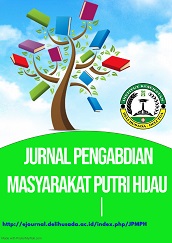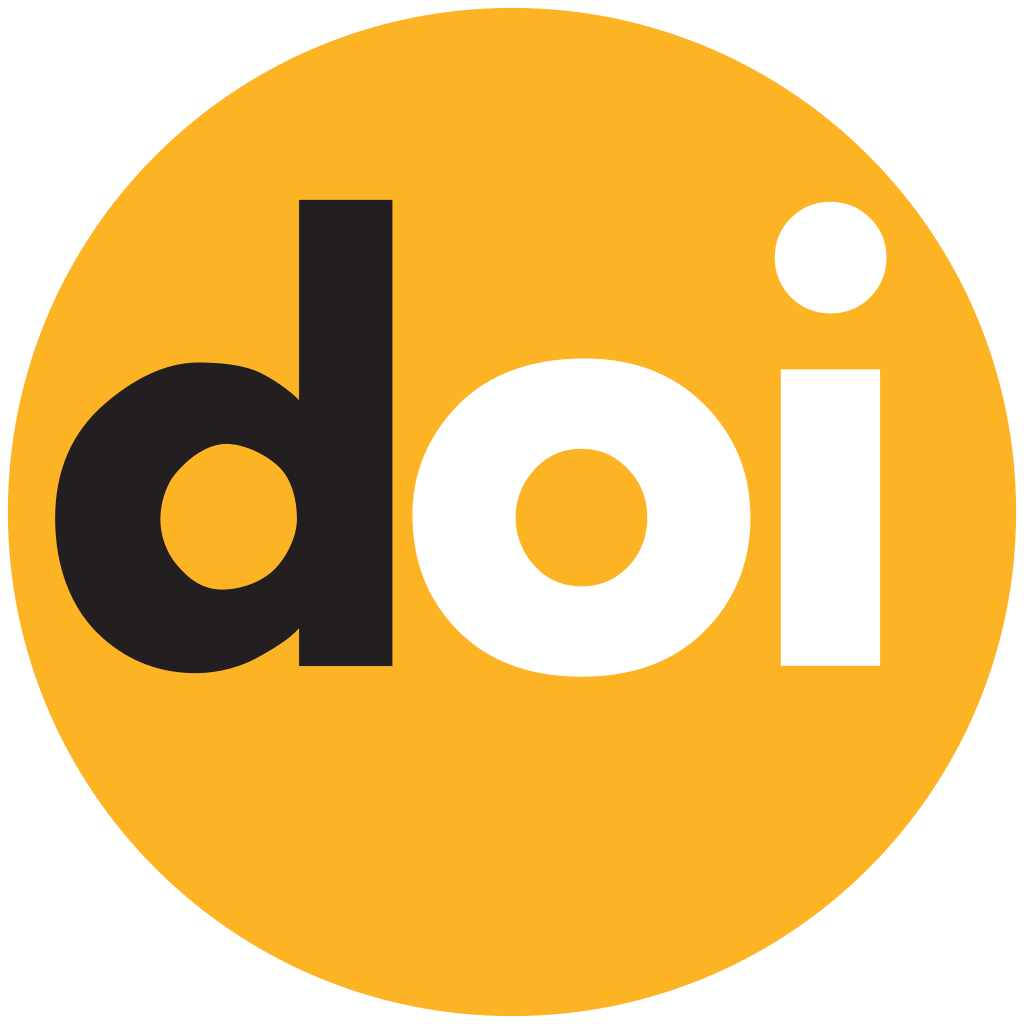PENINGKATAN KOMPETENSI SEHAT BERMEDIA PADA KALANGAN REMAJA
Abstract
Nowdays, humans are surrounded by mass media in their daily lives. Print, electronic and even cyber media. Twenty-four hours humans are surrounded by various messages presented by various forms of media with all forms of content. Teenagers are the main audience of media actors, namely viewers, who become consumers. Among the millions of consumers, there are those who are often their interests and needs, namely teenagers. It must be recognized that the presence of mass media, especially access to media gadgets, has replaced teenage parenting patterns and changed teenagers' relationships with their parents. Gadgets have become loyal friends for teenagers in spending their daily time. Survey shows that 19 percent of teenagers in Indonesia are addicted to the internet. For this reason, a training method on media literacy is considered significant in shaping the behavior of adolescents who are aware of media content, as well as intelligent in sorting out content that is worthy or not worth watching. This public service activity will be carried out on teenagers who are also high school students. Public service activities will be carried out in the form of interactive lectures, FGDs, and games. The purpose of this activity is expected to form teenagers' self-attitude in classifying device content, self-filtering on device media content, and how to utilize devices as learning media. In the results of the service, it was found that students' cognitive knowledge changed before and after the implementation of PkM, these results were obtained from the distribution of Pre Test and Post Test to students. In this public service service, in addition to the cognitive aspect, it is also directed so that partners can have the competence of the concept of media literacy that achieves affective and behavioral changes. Namely, not only having an understanding of how to use, consume, and operate various media, but also having a good attitude and competence in utilizing various media.
References
McQuail, D. (2013). Processes of media effects. In Media, Knowledge and Power. London: Routledge.
Potter, W. J. (2018). Media literacy. London: Sage publications.
Rubin, A., Parrish, D. E., & Miyawaki, C. E. (2019). Benchmarks for eval_uating life review and reminiscence therapy in alleviating depression among older adults. Social Work Journal, 64(1), 61-72.
https://www.kompas.tv/regional/221239/10-etiket-berinternet-untuk-komunikasi-yang-lebih-sehat?page=all : Diakses pada tanggal 4 September 2024












